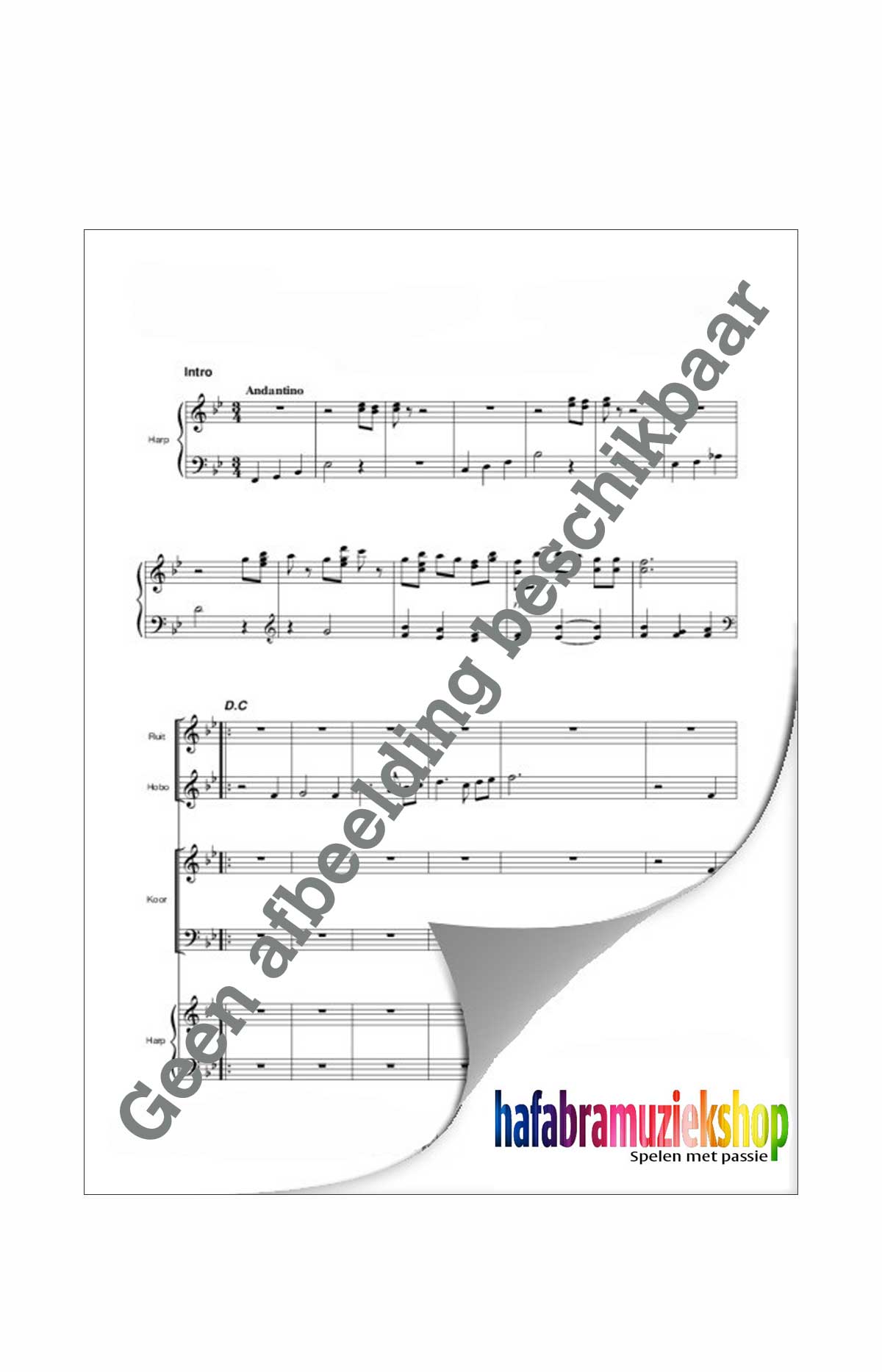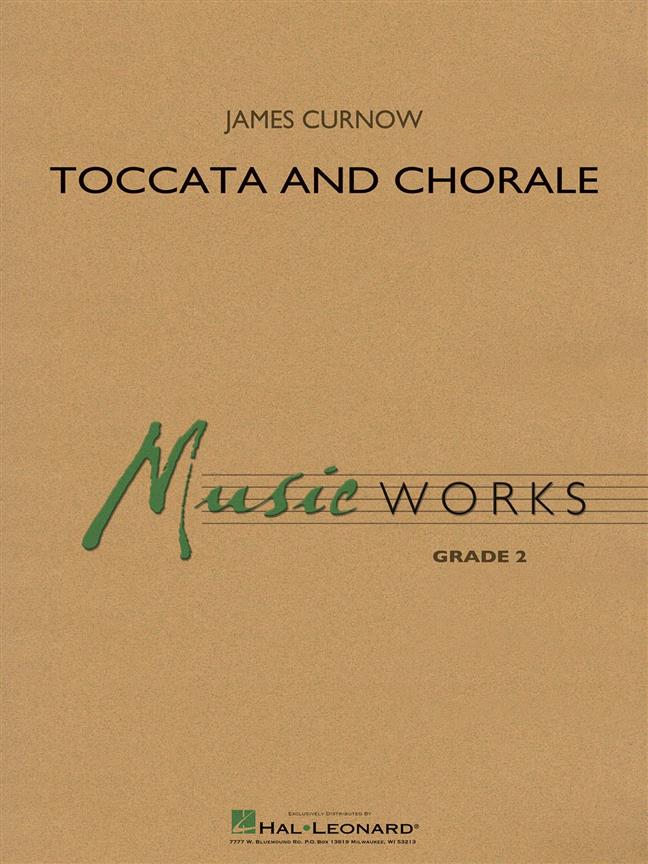Beschrijving
Julius Fucík (1872-1916) appreciated life in Sarajevo. First compositions were written, which soon made him become one of the leading representatives of his profession in Austria-Hungary. Among those works also figured his elaborate piece “Austria’s Glory and Honor”, which unfortunately remains kind of ill-fated up to now. Yet another area of activities, where Fuèík was able to demonstrate his talents was to stage the symphony concerts introduced by him in Sarajevo. Late in fall of the year 1900 Fucík’s time had come, when the regiment deployed from Sarajevo to Budapest. He lived in that metropolis on the Danube for the next some ten years, and during that period most of his works were composed. At that time his popularity also grew from day to day. The first performances of his works met with general interest, and not only numerous officers – most of them were friends of Fucík – attended these events, they rather were attractions for all ranks of the society. It should also not be overlooked that music publishers were anxious to secure almost each one of his works for their publishing company, and most of them were printed immediately after their premieres. In 1899 the “Laban March” was written as his Opus 44. It was dedicated to Major General Rudolf Laban of Váralje, commander of the 3d Mountain Brigade which was stationed in Nevesinje. The title of the march then changed to “Eiserne Brigade” (“Iron Brigade”) until it finally became known as “Danubia”. It was first printed as late as 1933 by Bohuslav Leopold (Edition Continental). Leopold was a musician in Fucík’s regimental band, and later a successful publisher. He succeeded in securing the best of Fucík’s works for his company. Sketches of “Triglav” date back to 1903. The title alludes to the highest mountain of the province of Slovenia, and this was probably an apt means in the eyes of the composer to demonstrate his “Slavonic patriotism”.
Please visit the website of RUNDEL Julius-Fučík-Edition
www.juliusfucik.de




